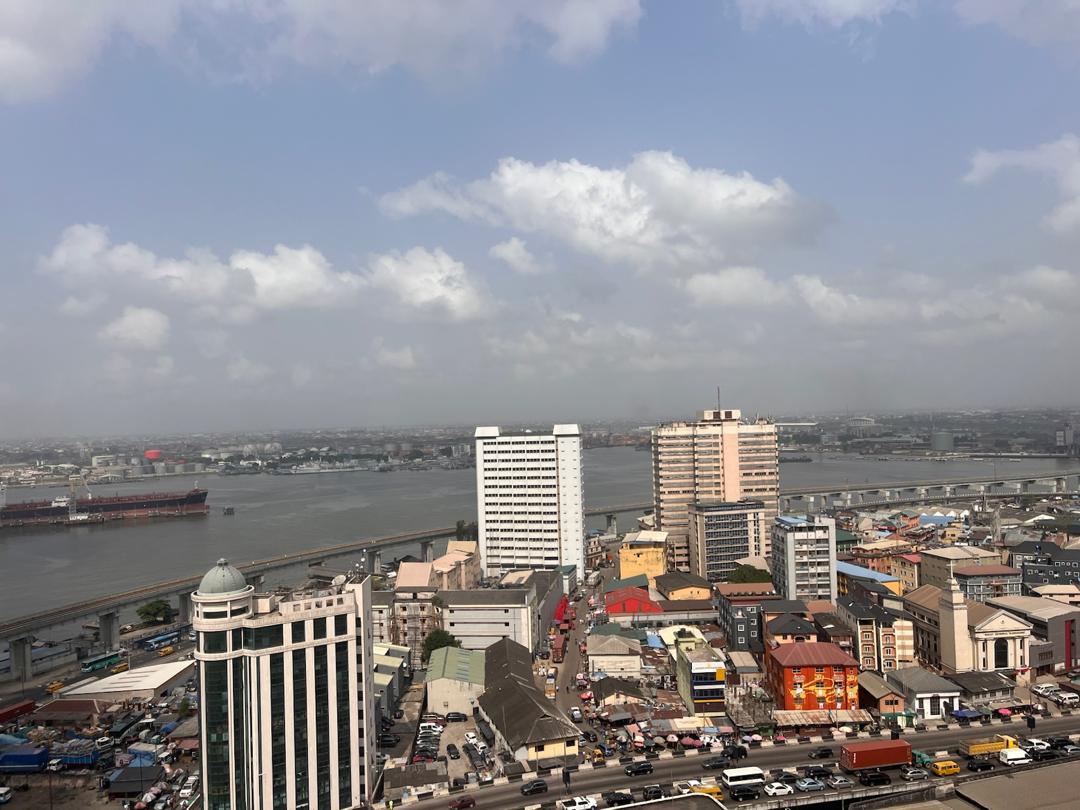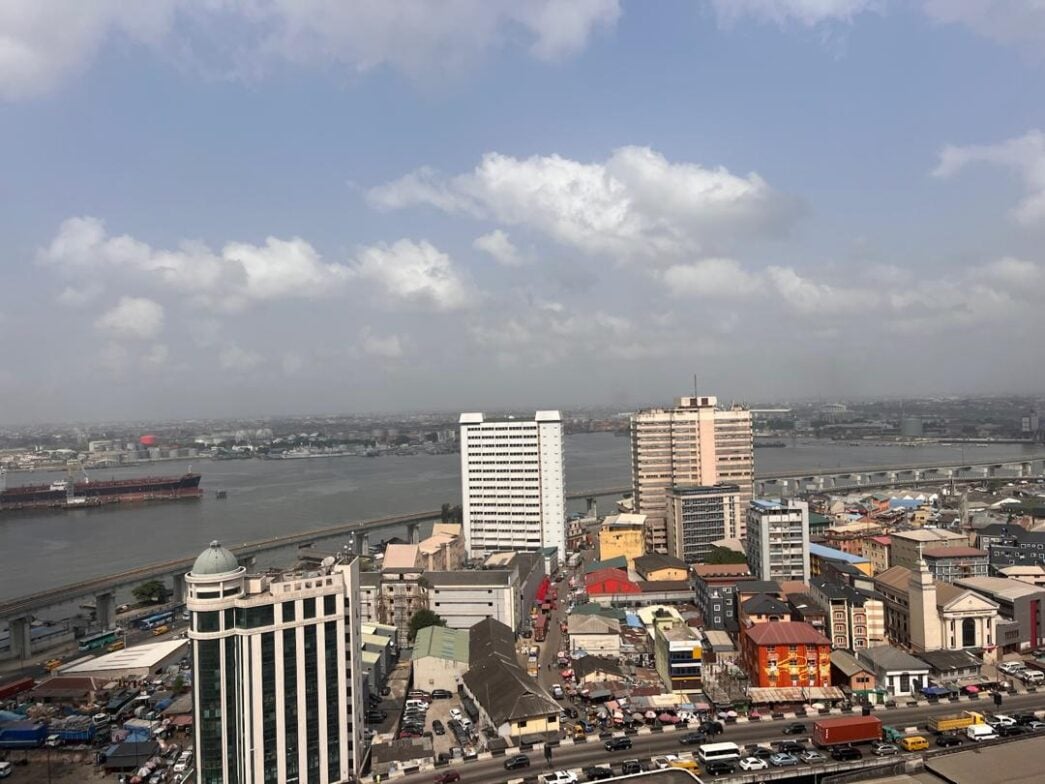When it comes to driving economic growth, two factors often take center stage: infrastructure development and economic policies. While infrastructure is crucial for facilitating trade, commerce, and economic activity, economic policies play a far more significant role in ensuring sustainable growth and development.
Sadly, because economic policies are not tangible like physical infrastructure, which can be seen and interacted with, the average Nigerian tends to evaluate the performance of governments based on how many infrastructure projects an administration can execute, irrespective of whether they were done at the detriment of the economy or even if the infrastructure projects were viable or not. This is the reason why most politicians emphasize infrastructure projects while little or no emphasis is given to policies that stimulate growth, which has been the bane of the country in recent times.
Economic policies refer to the set of rules, regulations, and guidelines that govern economic activity within a country. These policies can have a profound impact on the economy, influencing everything from investment and job creation to inflation and economic stability. Well-crafted economic policies can stimulate investments by creating a favorable business environment that will attract domestic and foreign investment while driving economic growth and job creation in the process. Sound economic policies can also help control inflation, reduce poverty and inequality, and promote a more inclusive economic growth.
The beauty of economic policies is that, unlike in infrastructure development, they don’t usually cost money to implement, and on many occasions, they even save the government money or generate more revenue for the government. Economic policies can also stimulate billions of dollars worth of economic activities within the economy without costing the government a cent, while they can also be used to provide funding for infrastructure projects through Public Private Partnerships (PPP).
Advertisement
While in recent times, we haven’t had any economic policies that stimulated growth, in the past Nigeria benefitted tremendously from economic policies and it was perhaps these sound economic policies that were responsible for the rapid economic growth that the country enjoyed in the early years of the millennium which culminated in Nigeria being recognized as the biggest economy in Africa when the GDP was rebased in 2013.
Some of the economic policies implemented in Nigeria in recent times that contributed significantly to economic growth include the Banking consolidation policy, which resulted in the Nigerian banking industry growing by over 200% within two years and positioned Nigerian banks to finance big-ticket transactions that were necessary for economic growth. The liberalization of the telecoms sector ushered in the GSM operators, which resulted in the most phenomenal sectoral growth in Nigeria’s history.
There was also the Local Content Policy of the oil industry that ensured that an estimated $8 billion annually worth of oil service contracts were retained in the country, thus ensuring technology transfer and the growth of the local oil service industry. The pension reforms policy was another quiet but phenomenal policy that created not just the pension industry but the largest pool of funds in the Nigerian financial services industry, with over N23 trillion in Retirement Savings Account (RSA) as at March this year.
Advertisement
The manufacturing sector was not left out as the cement industry policy was implemented, which turned Nigeria into a net exporter of cement from being a major importer of cement. With the implementation of this policy, Nigeria began to save $3 billion annually in foreign exchange that would have been used to purchase imported cement while creating hundreds of thousands of jobs locally in the process.
An unintended fallout of the cement industry policy was that Aliko Dangote being one of the entrepreneurs who took advantage of the policy emerged as the richest man in Africa which put him in a position to take advantage of another policy that liberalized the ownership and operations of petroleum refineries in the country to build the world’s largest single train petroleum refinery in the country while solving the country’s perennial fuel shortage problems in the process.
The Free Trade Zone policy was also implemented, which gave a lot of incentives to manufacturers operating within the zones and attracted billions of dollars worth of investments, which created hundreds of thousands of jobs while contributing to economic growth.
The privatization policy also saved the government hundreds of billions of Naira that were being wasted to sustain moribund government-owned enterprises annually. This paved the way for new life to be injected into these enterprises by the private sector. The liberalization policy of the power sector also paved the way for billions of dollars worth of private sector investments that are desperately needed to adequately fund out power sector.
Advertisement
Even the infrastructure deficit that so many people focus on as a metric of evaluating the performance of the government can be addressed through the right economic policies. For instance, infrastructure projects can be concessioned to the private sector on a “Build Operate and Transfer” (BOT) basis to ease the government of the pressure of funding, while tax credits can also be given to companies that embark on infrastructure projects on behalf of the government.
To unlock Nigeria’s full economic potential, there are two critical policies that the government needs to embark on, which will not only attract billions of dollars worth of value into the economy but also ensure rapid economic growth.
The first thing that the government needs to do is to implement policies that would drastically reduce interest rates in the country, and if possible, to single-digit rates. To do this, government will have to demonstrate a very high level of fiscal discipline, make drastic cuts in expenditure and eliminate the need for government to fund it’s deficit through the issuance of Treasury Bills and Bonds as it is the government’s insatiable appetite for funds through the use of these instruments that keeps pushing up interest rates in the country.
With less pressure for funds from the government, trillions of naira that were locked down by the government to finance government bureaucracy and indulgence will now be available to the private sector as the banks will have no choice but to lend to private enterprises and even consumers to generate interest from the funds available to them. They will also be forced to reduce interest rates as they compete amongst themselves to give out loans to the private sector. With the additional trillions of Naira that will be made available to the private sector as a result of this policy, millions of Nigerian businesses will now have easier access to loans to fund their growth and this will not only ensure higher economic growth, more jobs will be created while more tax revenues will accrue to the government in the process.
Advertisement
The second critical sector that needs policy intervention is the power sector. The government needs to incentivize the power sector to make investments in the sector more profitable for the operators without necessarily increasing the tariffs being paid by an already overburdened populace. This can be done through tax incentives, duty waivers, subsidies on gas, and any other incentives that the operators may require to invest. With the right incentives in place, the Nigerian power sector is capable of attracting over $100 billion worth of investments over a period of ten years and permanently solve the problem of power shortage in the country.
With access to funding and a reliable power supply, a strong foundation would have been laid to accelerate Nigeria’s economic growth, create jobs for millions of Nigerians, reduce poverty, and even increase the government’s revenue on a sustainable basis through more companies that would be paying taxes.
Advertisement
In conclusion, while infrastructure development is essential for economic growth, economic policies play a more critical role in ensuring sustainable growth and development. By creating a favorable business environment, promoting competition, managing inflation, and reducing poverty, economic policies can drive economic growth and improve living standards. As policymakers and economists, it’s essential to prioritize economic policies that promote sustainable growth, rather than relying solely on infrastructure development. By doing so, we can unlock the full potential of our economies and create a more prosperous future for all.
Oshobi, a development economist, writes from Lagos.
Advertisement
Views expressed by contributors are strictly personal and not of TheCable.











